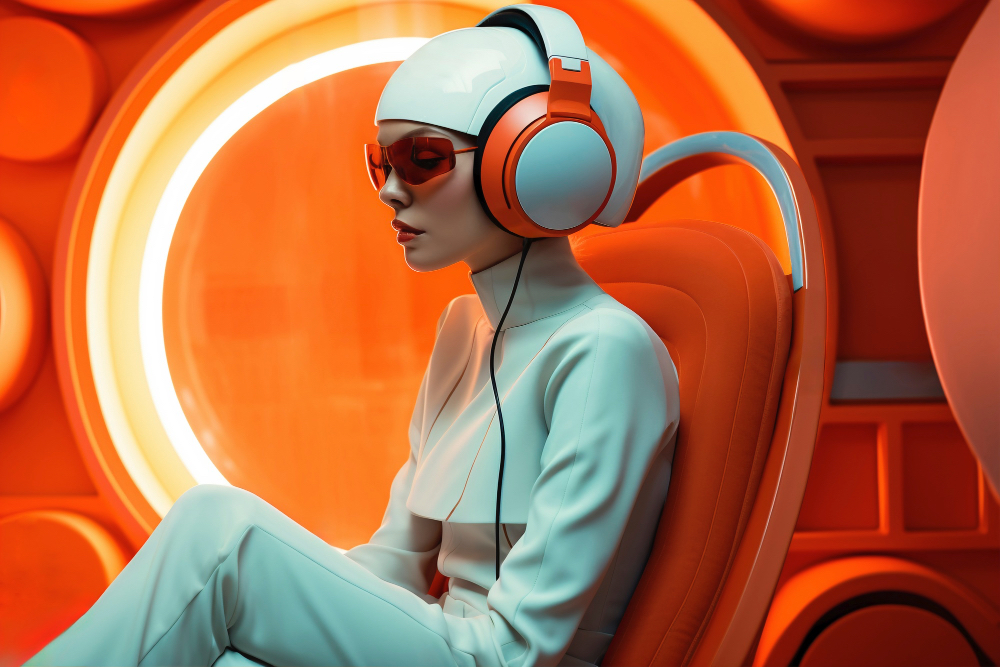Deezer study shows most listeners cannot tell AI music from human tracks
Over half of participants felt uneasy when unable to tell AI music from human-created songs, underlining concerns about listener awareness and clarity.

A global study by Deezer and Ipsos highlights growing challenges and concerns around AI-generated music. Surveying 9,000 participants in eight countries, the study found that 97% could not distinguish between AI-generated music and human-created tracks.
Over half of the respondents reported discomfort at being unable to distinguish between the two.
The study also reveals strong support for transparency and fair treatment of artists. Eighty percent of respondents believe AI music should be clearly labelled, while most oppose using copyrighted material to train AI models.
Concerns over income losses are significant, with 70% saying AI tracks could threaten artists’ earnings, and nearly two-thirds fearing a reduction in creativity and musical quality.
Deezer now receives around 40,000 fully AI-generated tracks daily, representing over one-third of its daily uploads. To address transparency, the platform is the only streaming service to detect and label AI music clearly.
All AI tracks are excluded from algorithmic recommendations and editorial playlists, and manipulated streams are removed from royalty calculations.
The study marks a key moment for the music industry, stressing clear labelling, ethical AI use, and protecting artists’ livelihoods alongside innovation. Deezer’s proactive approach sets new industry standards for transparency and fairness in AI music streaming.
Would you like to learn more about AI, tech and digital diplomacy? If so, ask our Diplo chatbot!
